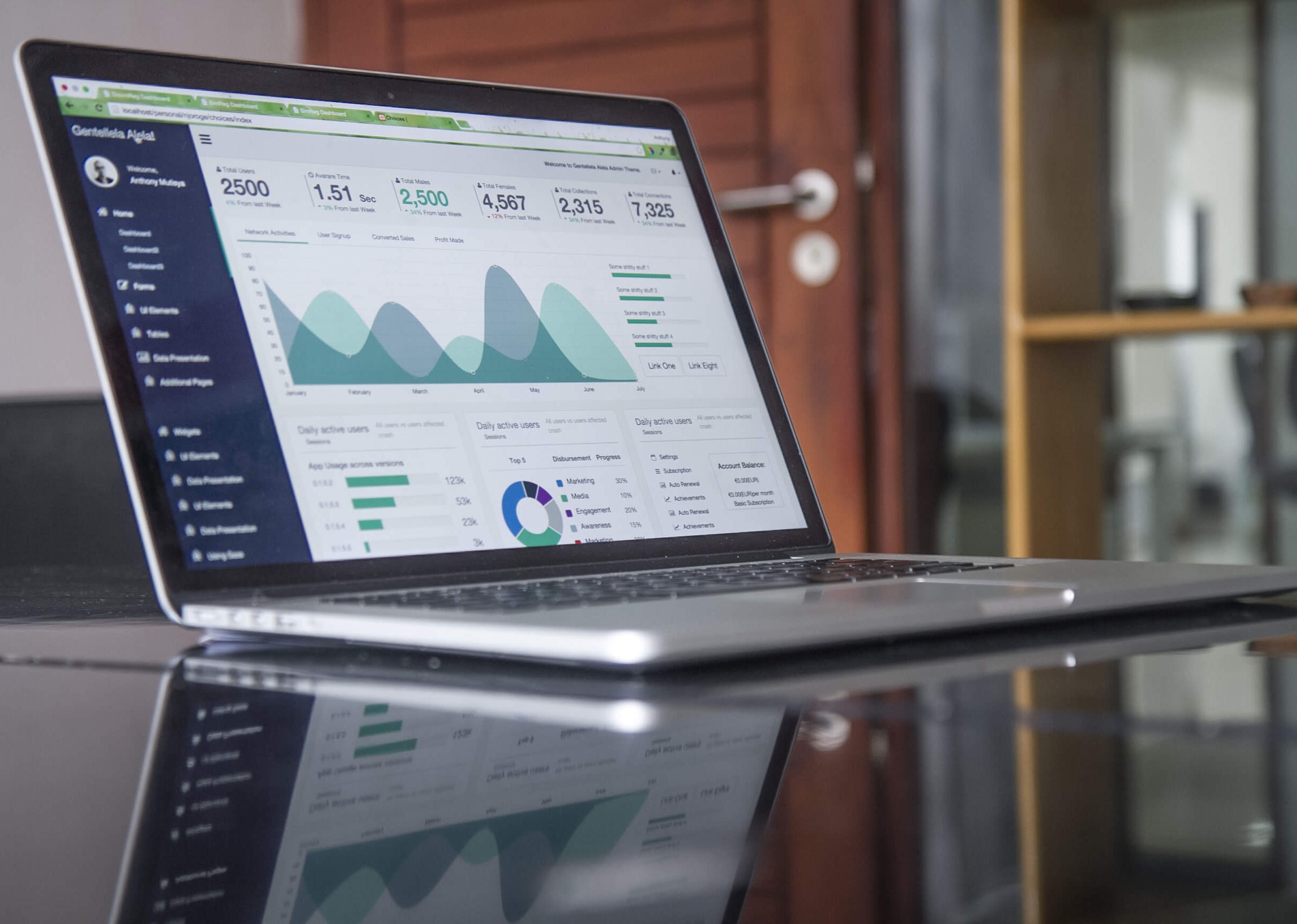Today, the Senate voted to keep internet access tax free – permanently.
If that feels like a small achievement, it’s not. Taxing internet access has been barred by law since 1998. However, over the last 20 years, the prohibition wasn’t a permanent law: it was a moratorium. To keep the moratorium in place, Congress had to extend it. And extend it again. So they did so in 2001, 2004, 2007, and 2014 and a series of band-aids through 2015 – eight times in total.
In 2015, the House finally approved H.R. 235, the Permanent Internet Tax Freedom Act, which “amends the Internet Tax Freedom Act to make permanent the ban on state and local taxation of Internet access and on multiple or discriminatory taxes on electronic commerce.” A companion bill, the S.431, the Internet Tax Freedom Forever Act, was read in the Senate but as of the end of last year, went nowhere.
Eventually, the measure was tacked onto the Trade Facilitation and Trade Enforcement Act (downloads as a pdf – and it’s big). That bill passed the Senate today by a vote of 75 to 20 and the White House has signaled that President Obama will sign it into law.
The language, which took nearly 20 years to move forward, is just a few lines long:
SEC. 922. PERMANENT MORATORIUM ON INTERNET ACCESS TAXES AND ON MULTIPLE AND DISCRIMINATORY TAXES ON ELECTRONIC COMMERCE.
(a) PERMANENT MORATORIUM.—Section 1101(a) of the Internet Tax Freedom Act (47 U.S.C. 151 note) is amended by striking “during the period beginning November 1, 2003, and ending October 1, 2015”.
(b) TEMPORARY EXTENSION.—Section 1104(a)(2)(A) of the Internet Tax Freedom Act (47 U.S.C. 151 note) is amended by striking “October 1, 2 2015” and inserting “June 30, 2020”.
The first clause at part (a) establishes a permanent ban on the tax. The second clause at part (b) establishes a firm end date of June 30, 2020, for the handful of states which currently impose a tax on internet access. Those states are Hawaii, New Mexico, North Dakota, Ohio, South Dakota, Texas, and Wisconsin.
The bipartisan bill was praised by the Federal Communications Commission (FCC) Commissioner Ajit Pai who said:
This is a great day for American consumers. The U.S. Senate passed the Permanent Internet Tax Freedom Act with a strong bipartisan vote. This confirms a national consensus that state and local taxes on Internet access should be taken off the table once and for all. These taxes would make (and in some places already have made) broadband more expensive, reducing consumers’ ability and willingness to get online. This, in turn, would reduce private sector investment in deploying broadband, especially in rural areas, and inhibit entrepreneurship. I hope the bill is enacted soon—Americans need and want the certainty that the digital world will be spared the taxman.
Despite the dramatic titles of the various versions of the bill – like the Internet Tax Freedom Forever Act – the actual tax in question is a tax on internet access. This is not the same as a sales tax on products bought over the internet: state and local governments may still impose a sales tax on online purchases.



